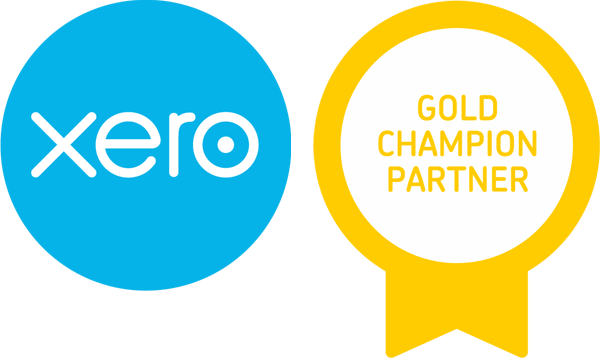Cryptocurrency
With cryptocurrency becoming more prominent in today's world, it's a good time to touch on what this looks like for you in regards to your tax return.
Cryptocurrency is an area which is evolving rapidly, and given its complexity and the increased investment across Australia it has well and truly got the attention of the Australian Taxation Office (ATO). The ATO is using more tools that are available to track cryptocurrency transactions and some are now appearing on Pre-Filling reports to notify Tax Agents of transactions. Some of the tools the ATO is using include data matching programs using designated service providers (DSP's), and in total have over 60 sophisticated identity matching techniques.
In the last year, the ATO has written to more than 100,000 taxpayers regarding cryptocurrency, and is expecting to prompt over 300,000 people in relation to the 2021 tax returns.
Given how vast and complex the area of cryptocurrency is, this article's sole intention is to provide some background information and perhaps get you thinking about your situation. This article doesn't explore many other aspects, including what it means for self-managed superannuation funds (SMSF's).
By now I'm sure you may have heard of Bitcoin, but for those not as familiar with the cryptocurrency world, there are now approximately 6,000 active cryptocurrencies, and it is estimated over 600,000 Australians have invested in the market.
Whether or not the sale of cryptocurrency is ordinary assessable income, a Capital Gains Tax event or a personal use asset will depend on the intent in buying and selling, the commercial (or non-commercial) manner in which you do so, and the scale and approach you take to trading cryptocurrency.
For the vast majority of us who buy cryptocurrency, it will be a Capital Gains Tax (CGT) event when it is sold or disposed of. It is important to know that a disposal of cryptocurrency can include;
- Selling or gifting it to someone else
- Trading or exchanging it with someone else (including exchanging one cryptocurrency with another cryptocurrency)
- Converting cryptocurrency to Australian dollars, (or any fiat currency i.e. any currency established by government regulation or law)
- Using cryptocurrency to buy goods or services,
In the cases where you exchange cryptocurrency for another cryptocurrency, you are disposing of one cryptocurrency and acquiring another. The market value you receive is effectively the sale price of the cryptocurrency being sold.
Each cryptocurrency is its own asset, similar to owning shares in ASX listed companies for example.
Cost Base
The cost base of your cryptocurrency may include;
- Brokerage Fees
- Transfer Costs
- Platform Costs
- Borrowing Expenses
- Legal Fees
- Interest on Loans
- Software costs
Record Keeping
It is worth looking at the record keeping requirements for cryptocurrency, as the reporting systems may not be as sophisticated as traditional investments that have buy and sell contracts, or the year end investment report packages. The information that will have to be recorded includes;
- The type of coin purchased
- Purchase price in AUD
- The date and time of the transaction
- Records of any exchanges for other coins
- Details about your digital wallet and keys
- Details of any Commissions or brokerage fees paid
- Receipts of transactions
You will need to maintain these records for a period of five (5) years, and if you have a capital loss you will need to keep them for two years after offsetting against a capital gain.
Strong record keeping is critical and reasonable care needs to be taken.
As mentioned earlier, this is just a brief summary on cryptocurrency and some areas we haven't covered include;
- Cryptocurrency that may be a personal use asset (non taxable)
- Cryptocurrency held in a self managed super fund
- Cryptocurrency for use in business transactions, such as buying supplies, or accepting it as a form of payment
- Using cryptocurrency to pay Salary and Wages to employees
The information in this article is for general information purposes only. It is not intended as financial or investment advice.
If you would like to discuss your specific tax requirements, please contact our team on 08 9842 5155.




